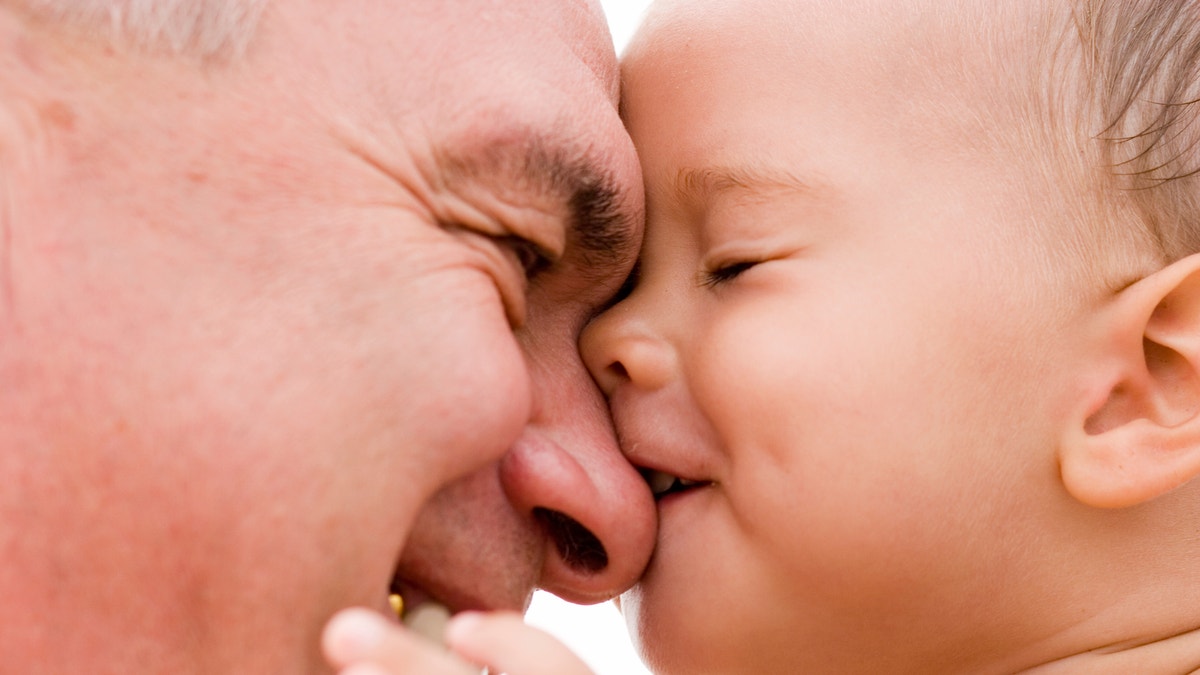
Making infants laugh can help them learn complex skills, a study in Cognition and Emotion suggests.
The study found that 94 percent of infants who laughed at an adult performing a humorous demonstration involving a makeshift tool mastered the action immediately or after a few tries. That compared with 19 percent of infants who watched the same demonstration but didn’t laugh and 25 percent of controls given a serious demonstration.
Positive emotions, such as laughter, can trigger the release of dopamine and endorphins in the brain, compounds associated with pleasure and mood that can also impact learning, the study suggests. Laughing babies may also have higher social skills that enable them to easily interact with others in different situations, the researchers said.
Humor has been shown to enhance attention and cognition in children and adults, but the effects on infants’ perception and actions weren’t known, the authors said.
The study, in France, involved 53 infants, age 18 months old, who were randomly assigned to humorous and control groups. The infants sat on a parent’s lap and watched an unfamiliar adult use a small cardboard rake to retrieve a toy duck that was just out of reach on a table. In the humorous group, the adult retrieved the duck and threw it on the floor, while playfully looking between the toy and infant. This action was repeated eight times. In the control group, the demonstrator retrieved the duck and played with it. This action was also repeated eight times. Infant responses were videotaped during the sessions.
After the demonstrations, infants were handed the rake and encouraged to get the duck themselves. All but one of the infants who laughed during the humorous demonstration retrieved the duck in less than a minute. No gender differences were found.
Caveat: Infant learning may have been due to positive interaction with the experimenter and not laughter per se, the researchers suggested.
